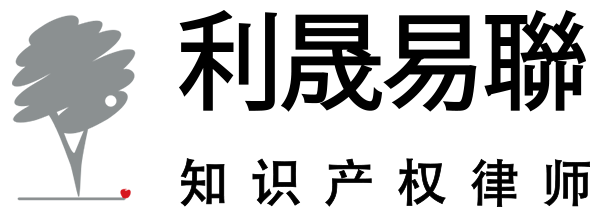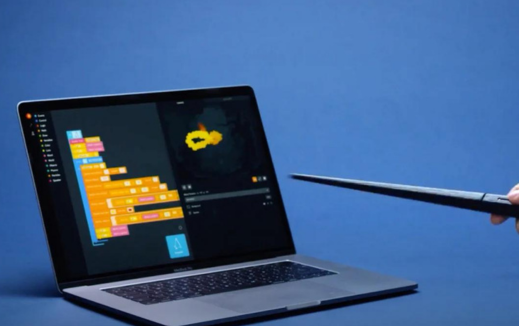
Did Warner Bros. Take The IP From the Makers of a Harry Potter Smart Wand? Martin Schwimmer Shares His Insight With Fast Company
2023 年 02 月 02 日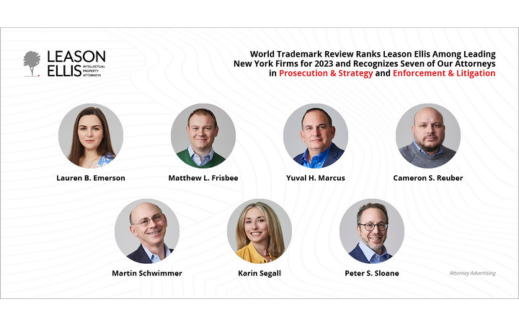
Leason Ellis Once Again Highly Ranked in World Trademark Review 1000
2023 年 02 月 26 日Leason Ellis Comments on Potential New Design Patent Bar Cited in Law360 Article
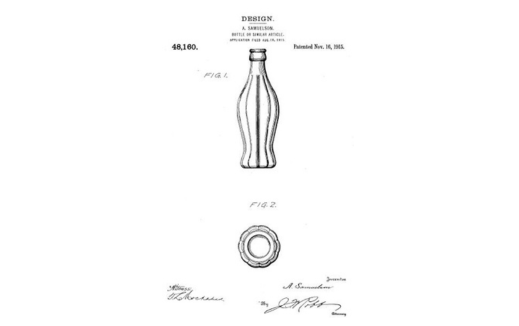
Law360 quoted Leason Ellis partner Matthew Frisbee in an article about the USPTO’s proposed Design Patent Bar. The article summarized comments from trade associations and other stakeholders in response to a request for comment issued by the USPTO in October focusing on the prospect of a new Design Patent Bar exclusively for design practitioners. Currently, there is a single Patent Bar that is limited to those who hold scientific and technical degrees, such as engineering and chemistry. In an effort to create diversity and be more in line with other major IP offices around the world, the USPTO is considering creating a new Design Patent Bar with different educational requirements. Frisbee drafted comments on behalf of Leason Ellis in support of allowing U.S. attorneys without technical degrees to sit for the Bar Exam and, upon passage, become eligible to prosecute design patent applications. View Frisbee's comments by clicking the button below.
As quoted in the Law360 article, Leason Ellis sees a “blind spot” created by the current scientific and technical educational requirements. Specifically, some types of inventors, like jewelry or fashion designers, may be well-served by engaging with counsel who has expertise in design patent law and a background in trade dress and copyright law, rather than utility patent law. The subject matter that is protected by a design patent is inherently related to copyright, trade dress, and trademark law. Accordingly, as the firm noted in its comment, eliminating the scientific and technical requirements for design practitioners would encourage more trademark and copyright attorneys to become proficient in design laws, which would ultimately benefit inventors and the IP community as a whole. The USPTO is expected to take all submitted comments into consideration over the next few months and likely issue a Notice of Proposed Rulemaking sometime later this year.
